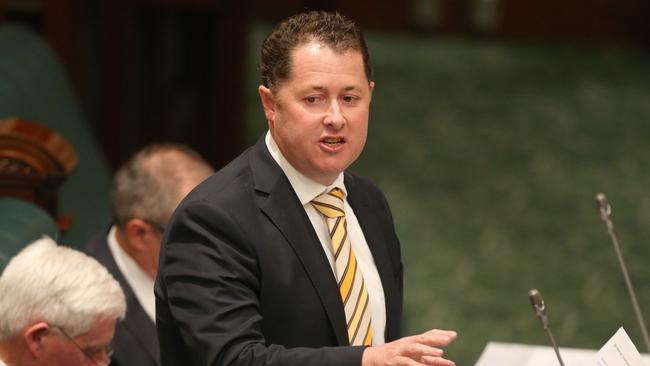Parliamentary inquiry into chemo could jeopardise current investigations, says Health Minister Jack Snelling
A PARLIAMENTARY inquiry into the chemotherapy dosage bungle will not be held until investigations into the incident are completed, Health Minister Jack Snelling says.

SA News
Don't miss out on the headlines from SA News. Followed categories will be added to My News.
A PARLIAMENTARY inquiry into the chemotherapy dosage bungle will not be held until investigations into the incident are completed, Health Minister Jack Snelling says.
In August last year, the State Government called an inquiry into how one of 10 affected patients was given the wrong dose of treatment three days after the error was first discovered.
An independent review was conducted by Professor Villis Marshall, who recommended potentially referring doctors to the disciplinary board, the Australian Health Practitioner Regulation Agency.
SA Health Department chief executive David Swan and Mr Snelling supported the inquiry’s recommendations, and Mr Snelling said investigations were still continuing.
“Professor Marshall’s review was pretty damning,” he told 5AA.
But a push for a parliamentary inquiry into the bungle from the Opposition and cancer patient Andrew Knox — who was a victim of the bungle and alleges some of the documentation in the report was incomplete or inaccurate — has been approached cautiously by the Health Minister, who says he doesn’t want to jeopardise current investigations.
“I would ask that the Liberal Party and the other members of the legislative council show courtesy to the other very significant investigations going on into this matter, so that they can run their course,” he said.
Mr Snelling said he was “frustrated” by the drawn out process but said what angered him was that the health system processes weren’t followed.
“I understand that doctors are human, and occasionally, very very rarely, mistakes are going to be made,” he said.
“We have those processes in place for very very good reason, and that’s to make sure that people are safe when they are being treated in our health system.”


